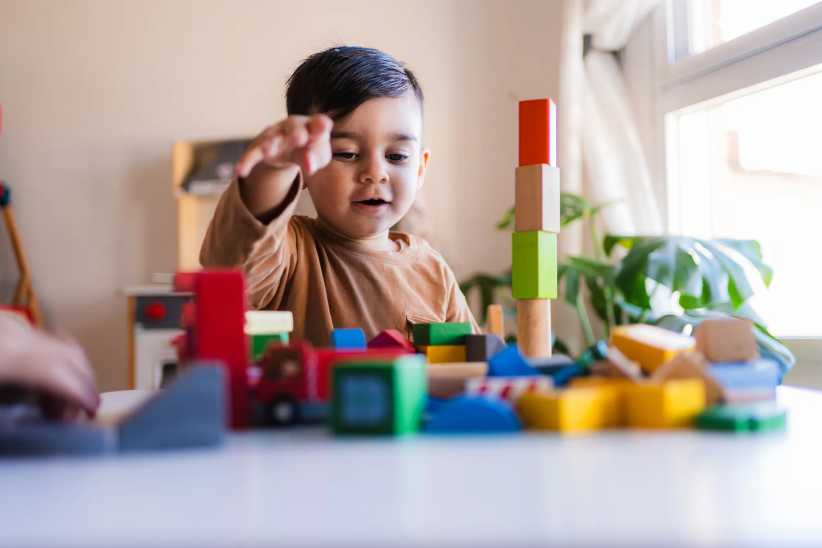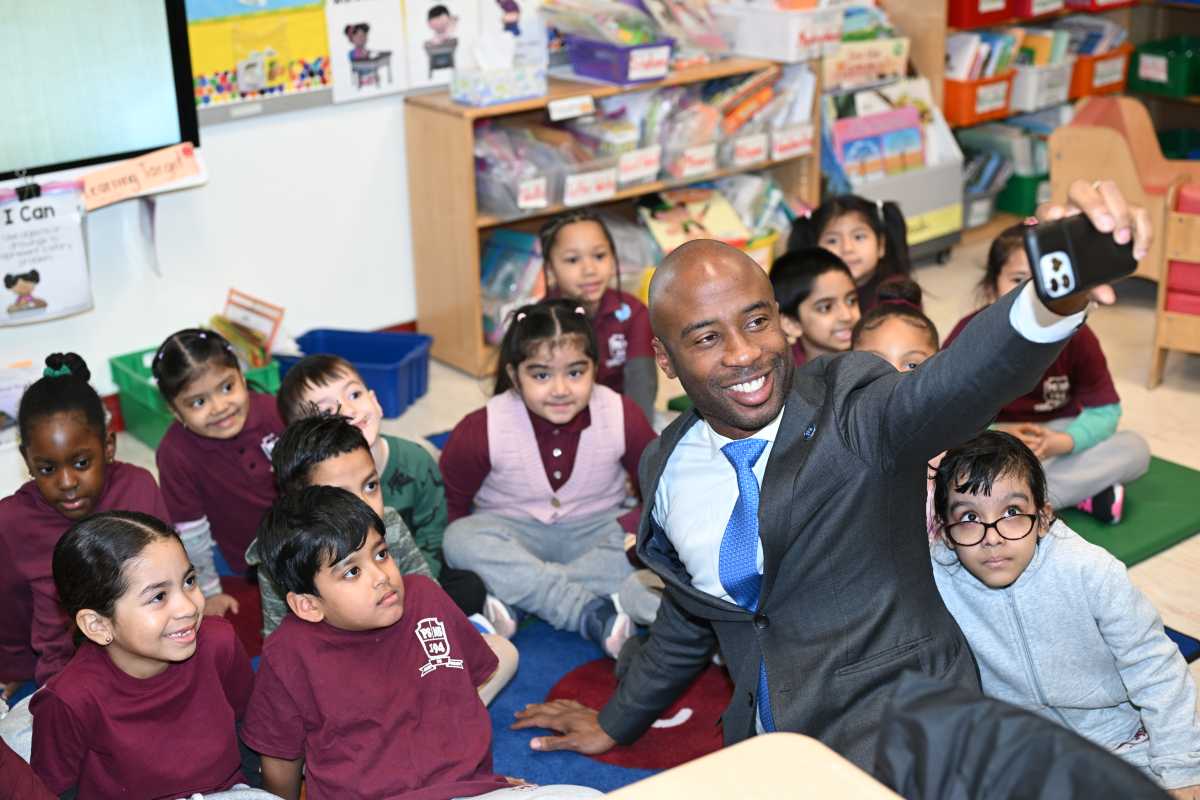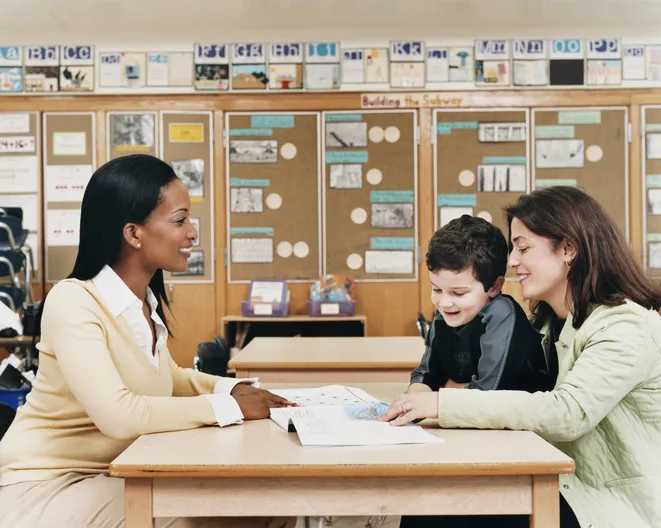Joan Ramirez is one passionate person. As a special education teacher in elementary schools in the New York and New Jersey area, she loves nothing more than helping children with autism make progress both academically and socially.
“They can achieve more than anyone else, because they’re more sensitive and more attuned to what’s going on in the world around them. They just learn in a different way,” says Ramirez, who was born in Brooklyn and grew up in Rahway, N.J.
One major inspiration has always been her father, who passed away at age 100 last year and had spent his career in Harlem teaching special education (“before it was called that,” says Ramirez).
“He taught me why it’s important to champion the underdog. Just because a child can’t keep up in the classroom doesn’t mean that he should be neglected or put in a corner,” she says.
After working with one particular female student with autism, Ramirez was so moved by how far the child had come that she decided to write about the experience. The book is called “Jamie Is Autistic: Learning In a Special Way,” and it’s available on Amazon.com as a hardcover ($8.99) or an e-book ($5).
“I would like to help more kids like Jamie. Not enough parents know how to help their children. Most books that you read on children and autism are like doctoral theses,” says Ramirez.
She shares key pieces of advice that helped Jamie, and may help your child with autism, too:
Give your child a script. Children with autism usually don’t like to socialize and often don’t know how. Help your kid start a conversation with another student in the school cafeteria by giving him this simple script that acts as an icebreaker: “Hi, my name is X. What’s your name? Can I please sit with you?”
“Some parents keep their autistic kids sheltered and discourage them from talking to others because they’re afraid that their child might say the wrong thing. But it’s critical to help your kid break out of his comfort zone by giving him tools,” says Ramirez. As your child learns how to approach others, he is more likely to feel self-confident and build more friendships.
Encourage your kid to find a study buddy. Sometimes in the classroom, a child with autism needs help, but the teacher is overburdened with 35 students and isn’t able to immediately help the child. As a result, the student becomes impatient and frustrated, and has an outburst. To help prevent this from happening, explain to your child: “If a teacher is busy, it’s not because she doesn’t want work with you. It’s just that there’s only one of her and there are lots of students.”
While your child waits for a teacher’s help, urge him to find a study-buddy nearby. For example, maybe he can ask a student for help with an addition problem and, in return, offer to help the student with subtraction.
Ask questions. Ramirez noted that one week at school, Jamie was upset and kept putting her head on her desk. Ramirez spoke to her privately in the hallway (so as not to embarrass her) and asked, “What’s bothering you? Why did you put your head down?” The goal was to get Jamie to verbalize what she was thinking and feeling. At the end of the conversation, Ramirez figured out that Jamie was tired because she had been staying up too late at night, so her parents gave her an earlier bedtime, which solved the problem.
Be patient and motivating. Recognize that it might take your kid hours, days or even weeks to do a task that feels simple to you, and that’s perfectly okay.
“It doesn’t matter if it happens quickly or slowly — all that matters is getting to the finish line,” says Ramirez. For instance, if your child is aggravated that it’s taking him two weeks to read one chapter in a book, sit down with him, read a passage out loud and say, “Isn’t this interesting?” Help him see what’s exciting about what he’s learning, and it’ll be easier for him to stay focused and finish the assignment.
Be gentle with criticism. Sometimes in class, children with autism will talk at inappropriate times (like while the teacher is giving a lesson). The same thing might happen at home. For example, maybe your kid finally finished reading that book chapter and he’s so happy that he starts interrupting one of your stories at the dinner table to tell you. A great way to respond is to say something like, “This isn’t the time to talk, but I’m so proud of you and would love to hear all about that after I’m finished telling my story.” Being positive is key, because if you’re too negative, a child with autism might stop talking or stop reading his book altogether.
Give praise and rewards generously. Kids with autism need more positive reinforcement than other kids. If they do something well, give them a thumbs up and a big smile.
“I’m a big believer in stickers as prizes,” says Ramirez. Here’s another type of reward: Ask other family members to join you in giving the child a round of applause. “Just don’t make the applause too loud, because the child might be sensitive to noise,” says Ramirez.
Be optimistic. When your child leaves for school, say, “Today is going to be a good day.” If he comes home crying about something mean that somebody said, say, “Today was bad, but tomorrow will be better.” Giving a child hope can help him stay positive and overcome obstacles.
Ramirez is available for workshops and can be reached at, writerjr1044@gmail.com.
Jane Bianchi was an editor at Seventeen, Family Circle, and Good Housekeeping, and now freelances for a variety of publications. She lives with her husband in Brooklyn.














